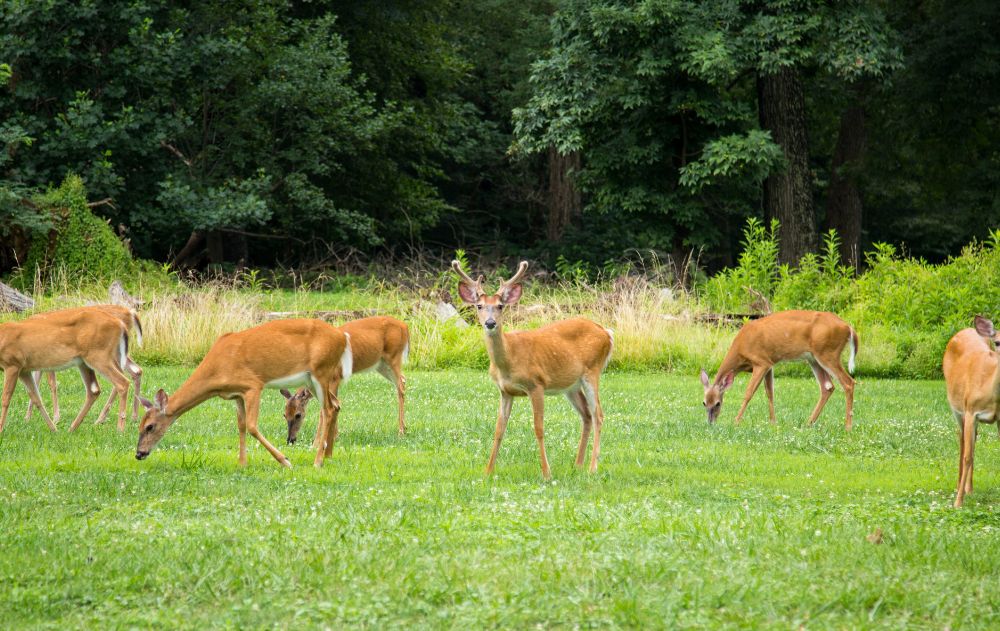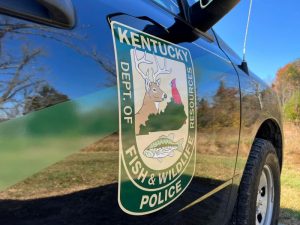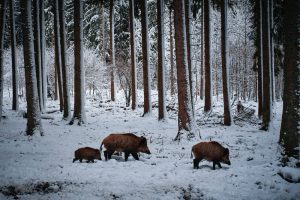While we don’t expect any deer to lose their jobs over this particular vaccine, it’s clear that the Michigan DNR is hopeful that the state’s deer will participate in its latest vaccination efforts.
Rather than distributed via a painful needle, biologists with the DNR, Michigan State University and the USDA are placing oral vaccines around common feeding areas with hopes of curing the herd of bovine tuberculosis.
Now proven to have the ability to spread to humans, a recent study out of Michigan sounded the alarm bells, so to speak. While the disease was once the number one killer here in the United States, antibiotic treatments have since made it inconsequential for the most part.
Despite this, the disease has proven to be detrimental for deer herds causing pus-filled lesions and lung damage to host animals. Much like its evil cousin, chronic wasting disease, bovine tuberculosis is spread through nose-to-nose contact around shared food and water sources. Studies have shown that the oral vaccine proved to be effective in captive deer situations and has since been rolled out in the wild. Running a small test of test subjects in Alpena County, biologists are using feeders to help spread the vaccine on private farms known to house high populations of whitetails.
“They have seen good uptake of them,” says Emily Sewell, a wildlife health specialist with the DNR. “And they’re pleased with it.”
Researchers will give the experiment a few weeks to get the drugs moving around the herd. Following that, they’ll head back out into the field to harvest a few deer and take blood samples to evaluate the efficacy of the oral dose.
“We are supportive of this research and look forward to learning more about how this vaccine can be used to address this disease and keep cattle and other animals, including deer, safe from bTB,” Michigan state veterinarian Dr. Nora Wineland stated.




